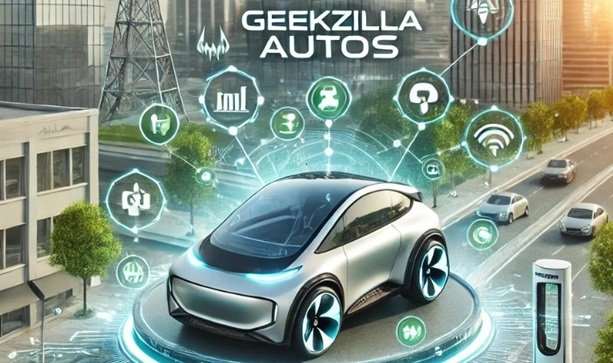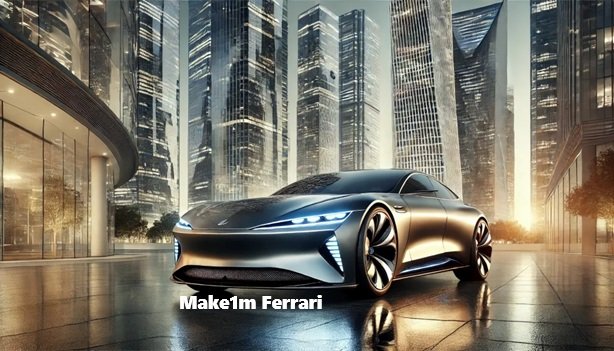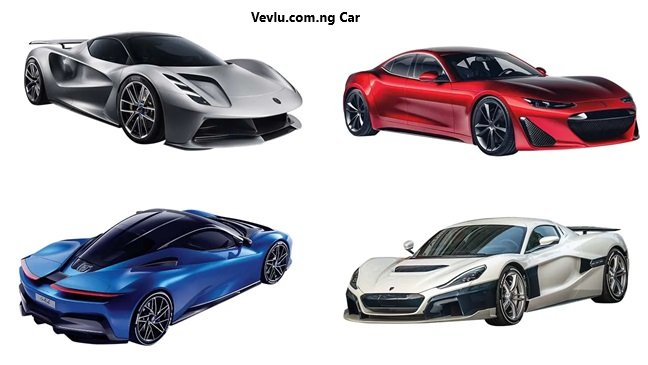Hybrid vs. Electric: Which is the Better Choice for You?

As the automotive industry increasingly shifts towards sustainable and eco-friendly technologies, consumers are faced with a critical decision: should they choose a Hybrid vs. Electric vehicle or go fully electric? Both options offer significant environmental and economic benefits compared to traditional internal combustion engine (ICE) vehicles, but each has its own set of advantages and considerations. In this article, we’ll explore the key differences between hybrid and electric vehicles to help you determine which option is the better choice for your needs.
Understanding Hybrid Vehicles
A hybrid vehicle combines a traditional internal combustion engine with an electric motor and battery. There are two main types of hybrids:
- Full Hybrid (HEV): These vehicles can run on the combustion engine, the electric motor, or a combination of both. The car automatically switches between these power sources to optimize efficiency.
- Plug-in Hybrid (PHEV): Similar to full hybrids, plug-in hybrids have larger batteries that can be recharged by plugging into an external power source. PHEVs can drive longer distances on electric power alone before the gasoline engine takes over.
Understanding Electric Vehicles (EVs)
Electric vehicles (EVs) are powered entirely by electricity stored in batteries. Unlike hybrids, EVs do not have a gasoline engine; they rely solely on electric power for propulsion. EVs are typically recharged by plugging into a home charger or public charging station.
Key Considerations: Hybrid vs. Electric
Hybrid vs. Electric, When deciding between a hybrid and an electric vehicle, there are several factors to consider, including environmental impact, driving habits, cost, and infrastructure.
1. Environmental Impact
Hybrid Vehicles:
Hybrids are more environmentally friendly than traditional gasoline vehicles because they use less fuel and produce fewer emissions. However, since they still rely on gasoline, they are not entirely emission-free. Full hybrids can reduce emissions by up to 50%, while plug-in hybrids can achieve even greater reductions when driven primarily in electric mode.
Electric Vehicles:
EVs are the greener choice because they produce zero tailpipe emissions. When powered by renewable energy sources, such as solar or wind, their overall carbon footprint is significantly lower than that of hybrids or conventional vehicles. However, the environmental impact of EVs can vary depending on the electricity source used for charging. In regions where the grid is powered by fossil fuels, the benefits may be reduced.
Verdict:
If minimizing your environmental impact is a top priority, an EV is the better choice, especially if you have access to renewable energy for charging.
2. Driving Range and Convenience
Hybrid Vehicles:
One of the main advantages of hybrids is their extended driving range. Since they have both an electric motor and a gasoline engine, hybrids can travel hundreds of miles without needing to refuel or recharge. This makes them ideal for long road trips or for drivers who don’t want to worry about finding charging stations.
Electric Vehicles:
EVs typically have a shorter driving range compared to hybrids, although this is improving with advancements in battery technology. Most modern EVs offer ranges between 200 to 350 miles on a single charge, which is sufficient for daily commuting and short trips. However, for long-distance travel, you’ll need to plan your route carefully to ensure access to charging stations.
Verdict:
If you frequently drive long distances and want the convenience of refueling quickly, a hybrid may be more practical. If your driving is mostly local or you have reliable access to charging stations, an EV could be a suitable choice.
3. Fuel and Energy Costs
Hybrid Vehicles:
Hybrids generally offer better fuel efficiency than traditional gasoline vehicles, leading to lower fuel costs. Plug-in hybrids, when driven primarily in electric mode, can further reduce gasoline consumption. However, you’ll still need to pay for both gasoline and electricity if you own a PHEV.
Electric Vehicles:
EVs have lower energy costs compared to hybrids because electricity is generally cheaper than gasoline. Additionally, many regions offer incentives for EV owners, such as reduced electricity rates for home charging or free access to public charging stations. Over time, the cost savings on fuel can be substantial with an EV.
Verdict:
If you’re looking to minimize fuel and energy costs, an EV is likely the more economical option in the long run.
4. Maintenance and Longevity
Hybrid Vehicles:
Hybrids have more complex powertrains than both ICE vehicles and EVs, combining an internal combustion engine with an electric motor. This can lead to higher maintenance costs due to the need for servicing both systems. However, hybrids are generally reliable, and the regenerative braking system can extend the life of the brake components.
Electric Vehicles:
EVs have fewer moving parts than hybrids and traditional vehicles, which means they require less maintenance. There’s no need for oil changes, and the brakes last longer due to regenerative braking. Battery health is a key concern, but most EV manufacturers offer warranties of 8 years or more for their batteries.
Verdict:
If low maintenance is a priority, EVs have the edge due to their simpler design and fewer required services.
5. Initial Cost and Incentives
Hybrid Vehicles:
Hybrids tend to be more affordable than EVs, with a price range that’s closer to that of traditional gasoline vehicles. Additionally, plug-in hybrids may qualify for federal and state incentives, which can help offset the higher initial cost.
Electric Vehicles:
EVs typically have a higher upfront cost compared to hybrids, mainly due to the expensive batteries. However, various government incentives, tax credits, and rebates can significantly reduce the purchase price. Over time, the lower operating costs of EVs can help balance out the higher initial investment.
Verdict:
If you’re looking for a more budget-friendly option with the potential for incentives, a hybrid might be the better choice. However, if you can afford the higher initial cost, the long-term savings and incentives available for EVs can make them a more economical option in the long run.
6. Charging Infrastructure and Convenience
Hybrid Vehicles:
Hybrids do not require charging infrastructure to operate, as they can run on gasoline alone. Plug-in hybrids offer the flexibility of charging at home or using public charging stations, but they can also rely on gasoline if charging options are limited.
Electric Vehicles:
One of the biggest challenges for EV owners is the availability and convenience of charging infrastructure. While home charging is convenient, public charging stations are still being developed in many areas. For those living in apartments or areas with limited charging infrastructure, owning an EV may be less convenient.
Verdict:
If you live in an area with limited charging options or frequently drive long distances, a hybrid may be the better choice. However, if you have access to reliable charging infrastructure, an EV can be a convenient and efficient option.
Conclusion
Choosing between a hybrid and an electric vehicle depends on your specific needs, lifestyle, and priorities. If you prioritize environmental impact and lower maintenance costs and have access to charging infrastructure, an electric vehicle is likely the better choice. On the other hand, if you need the convenience of a longer driving range, a lower initial cost, and the flexibility to refuel quickly, a Hybrid vs. Electric vehicle may be more suitable.





